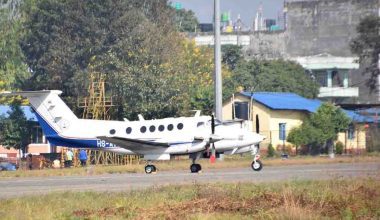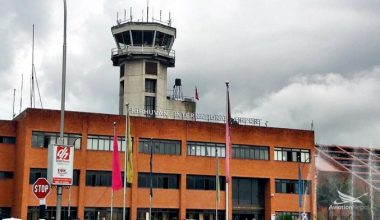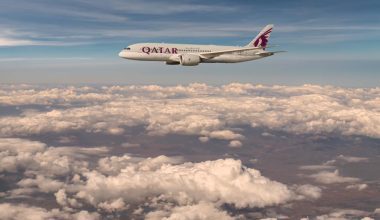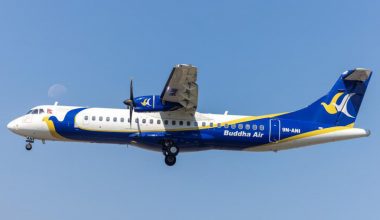Dubai International Airport(DXB) is gearing up to withstand the surge in passengers number in the coming weeks and months after UAE announced it would ease flight restrictions on August 3, 2021.
UAE announced on Tuesday that it would allow its resident visa holders stranded in India, Pakistan, Nepal, and Sri Lanka to enter the country from August 5.

Granting Access To Vaccinated UAE Residents
In the announcement, the General Civil Aviation Authority(GCAA) and the National Emergency, Crisis and Disaster Management Authority(NCEMA) revealed that the fully vaccinated UAE residents holding valid visas from the four countries could fly back to the country.
Besides the residents from the designated countries, UAE has also eased the restriction for other category passengers like medical staff and students from Nigeria and Uganda.
The CEO of Dubai Airports, Paul Griffiths, stated that Southeast Asia is a major source market for Dubai’s trade including the aviation and tourism sectors. The conditional lifting of restrictions on air travel in the country is expected to boost its economic activity with an increase in inbound travelers from the region. The decision will also enable the UAE residents stuck in the Southeast region to return home and continue their work in Dubai.
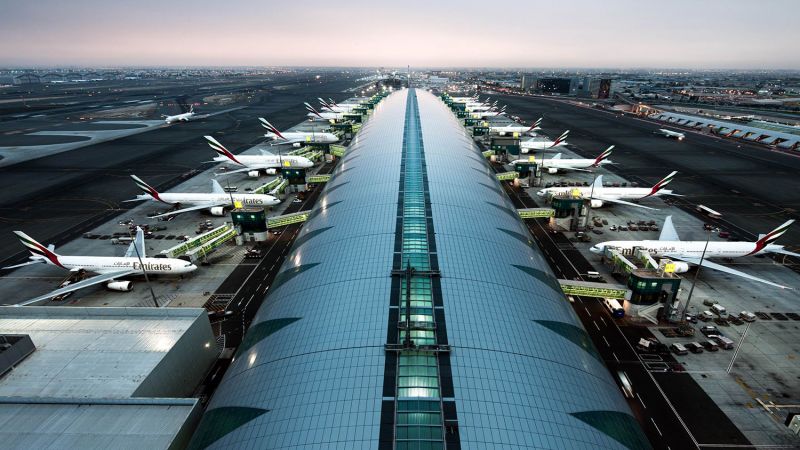
Griffiths further added that the country has successfully spearheaded the international efforts to facilitate the social and economic recovery of the world after the Covid-19 pandemic by safely restoring the significant global air connectivity. The easing of the travel restrictions is a step that falls in the line of movement of recovering the country’s economic phase.
Dubai Airport had recently reopened Terminal 1 and Concourse D just a month ago in July 2021, to prepare for the seasonal rush of travelers. The UAE airport seems to be all set to accommodate the anticipated flow of travelers in the upcoming weeks and months.
Separate Lounge for Transiting Passengers
The gulf’s major international travel hub had banned travelers from many Southeast Asian and African countries due to the peak of the Covid-19. Travelers were prohibited from traveling to the country or using airports as transit points from those banned regions.
However, with the restraining of the virus and successful vaccinations, NCEMA has decided to allow the passengers to transit through its airports traveling from countries where flights had been banned before, from August 5 . Although, the travelers are required to present their negative PCR Covid-19 report taken 72 hours before the arrival.

The passengers will also have to present final destination approval; the UAE departure airports would arrange separate lounges for such transiting passengers. The largest carrier in the state, Emirates, including other UAE airlines, welcomed the government’s decision.
The medical, educational, or governmental sectors in the Gulf state, including the students, patients (completing their medical treatment in UAE), and humanitarian personnel, would be exempt from the mandatory vaccination requirement.
Busy Emirate Hubs At DXB
The largest UAE-based airlines, Emirates Airlines, is expecting more than 4,50,000 passengers to travel through its Dubai hub due to a surge in demand over the summer. Emirates’ incoming and outgoing passengers are checked through A, B, and C gates at Terminal 3 in their home hub, DXB.
The ease of the air travel bans is expected to give the state’s largest airlines a breather that had been hit particularly hard by the pandemic. Due to bans for travelers to make the inter-continental journey, a field that the UAE carrier specializes in, the airlines had to ground most of its fleet of Airbus SE A380 superjumbos. Meanwhile, its Boeing Co. 777s variants struggled with the lower air travel demand and mainly were used for delivering cargo. The largest UAE flag carrier had a tough time coping with the devastating losses after losses due to continuous travel bans after the outbreak of the virus. The airline had received a $3.1 billion cash infusion from the UAE government after the collapse of its long-haul travel, its first loss in decades.

